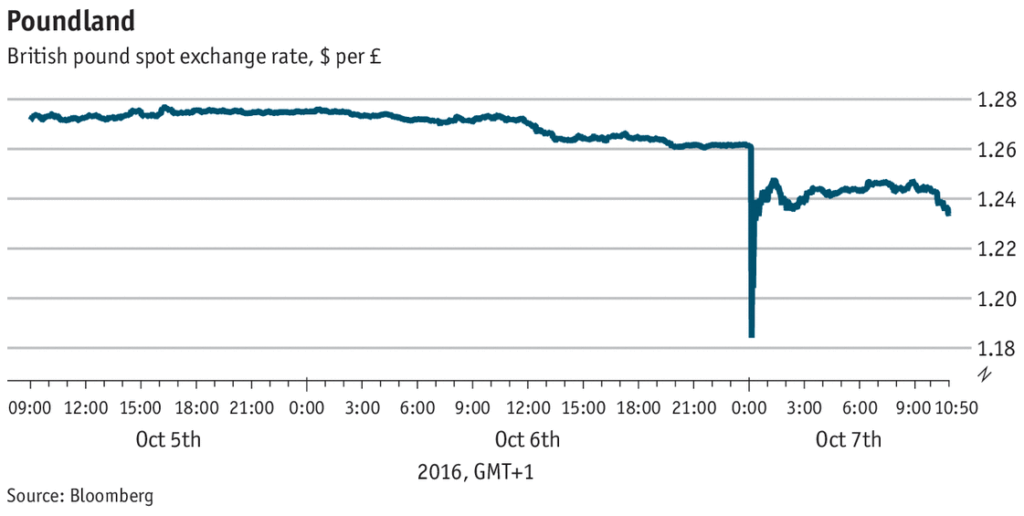Facebook has recently revised their privacy policy, but that’s clearly not enough. Is legislation required? Is government intervention appropriate? Should Facebook be broken up? What about other information giants? Here to help us answer this question is the term ‘policy vacuum’ introduced in 2005 by Jim Moor, a professor of ethics in Dartmouth College and celebrated technology ethicist.
Facebook has recently revised their privacy policy by virtually admitting to errors made in the 2016 presidential elections campaign. But that’s clearly not enough. In the US, Sanders and Warren call to break the monopoly that Facebook and other information giants hold. The question is, Is legislation required? Is government intervention appropriate? In particular, should Facebook be broken up? What about other information giants?
Here to help us answer this question is to realise that Facebook is operating in a policy vacuum, a term introduced in 2005 by Jim Moor, a professor of ethics in Dartmouth College and celebrated technology ethicist:
Technology, particularly revolutionary technology, generates many ethical problems. Technological revolutions do not arrive fully mature. They take time and their futures, like the futures of small children, are difficult to predict. We do have an idea of how children typically develop and likewise I believe we have an idea of how revolutions typically develop. … But because new technology allows us to perform activities in new ways, situations may arise in which we do not have adequate policies in place to guide us. We are [therefore] confronted with policy vacuums. (From “Why we need better ethics for emerging technologies”, Ethics & Inf Tech 7, 2005)
Translating Jim’s words to Facebook, Before Facebook, there were no privacy issues arising from mining personal data. Social Networks introduced new problems, and they require new solutions. Specifically, regulation. Until then, Facebook is now operating in a policy vacuum.
Moor foresaw an acceleration in policy vacuums such as this, making the following forecast:
More people will be involved, more technology will be used, and hence more policy vacuums and conceptual muddles will arise as the [information] revolution advances. … We will find ourselves in a situation of assessing the matter as consequences unfold. We find ourselves in a conceptual muddle about which way to understand the matter in order to formulate and justify a policy (ibid.)
Although he foresaw more policy vacuums coming Moor does not offer a recipe for getting out of policy vacuums — likely no such recipe exists. He does conclude however that “At the very least we need to do more to be more proactive and less reactive”.
Using Jim’s wisdom, we conclude that the answer to the question “Should Facebook be broken down?” is maybe yes, and sooner rather than later, or else “we leave ourselves vulnerable to a tsunami of technological change”.


